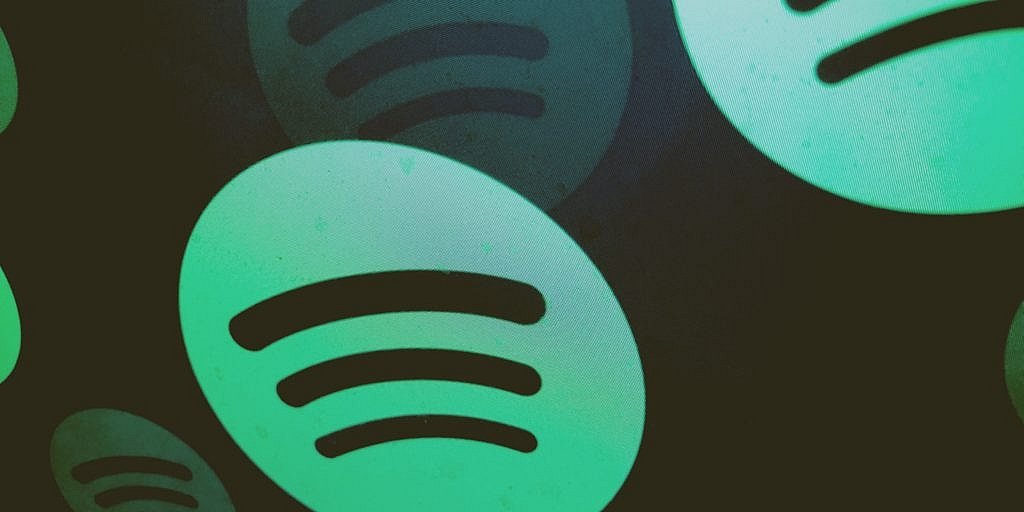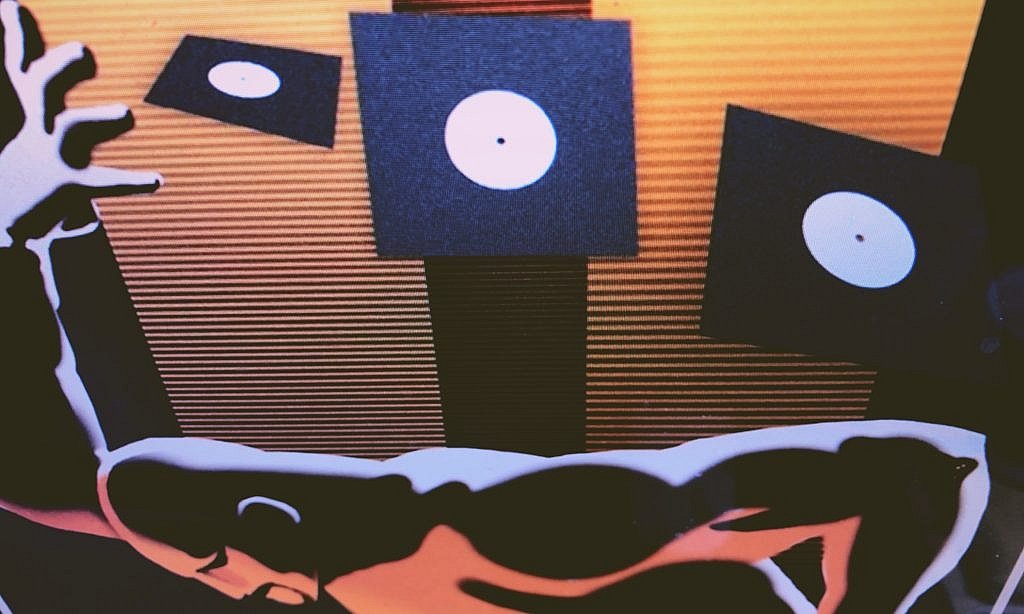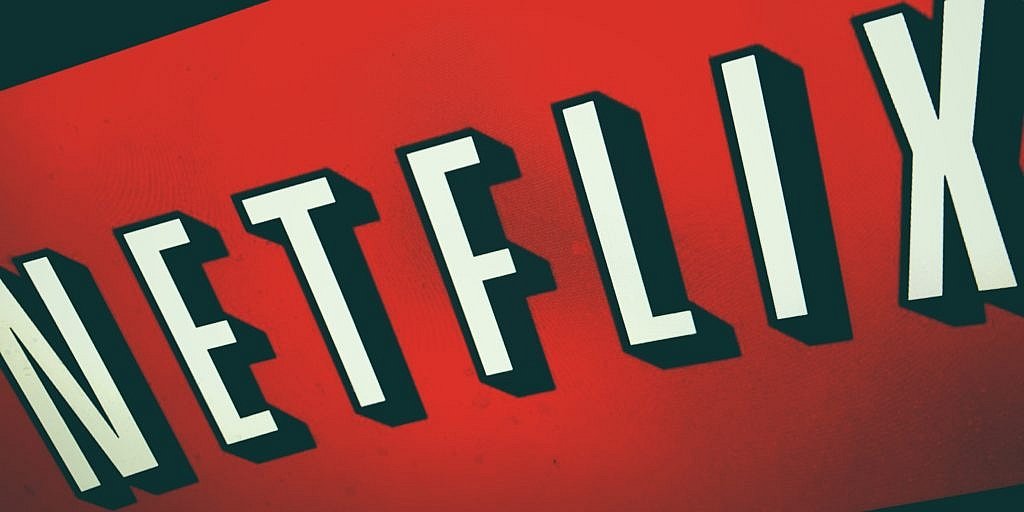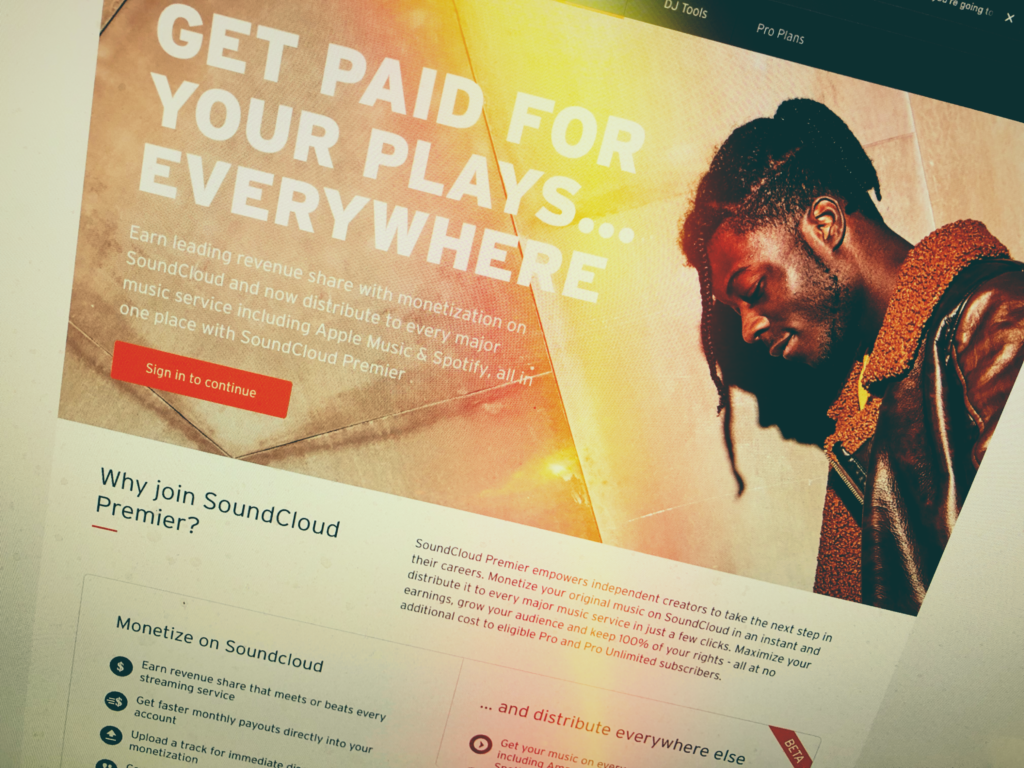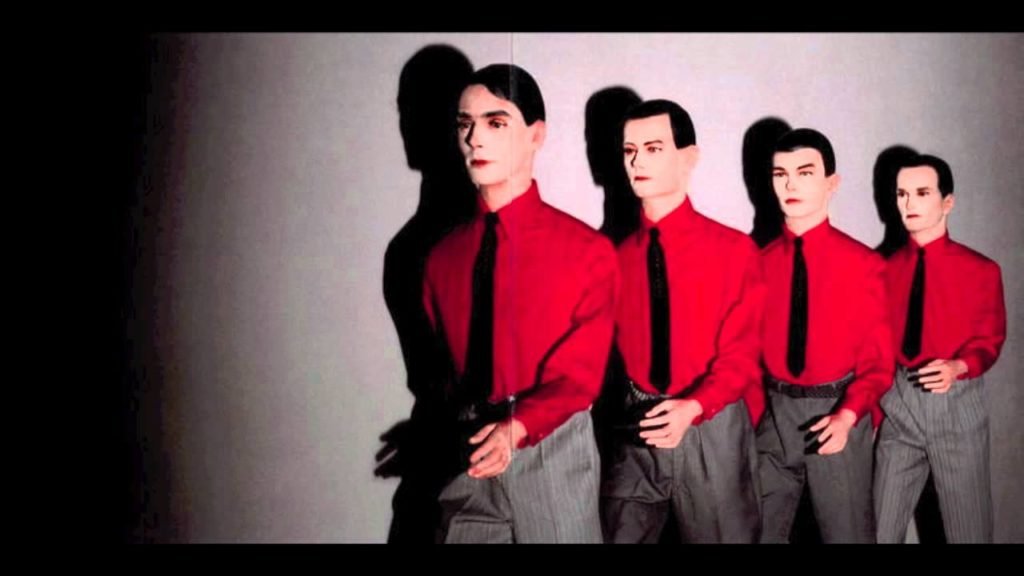
This week saw a couple of big events in the world of music copyright. First off, resolution to the Kraftwerk “Metal On Metal” case in the EU courts, as mentioned previously. Here’s Complete Music Update:
The court said in a statement yesterday: “Phonogram producers have the exclusive right to authorise or prohibit reproduction in whole or in part of their phonograms. Consequently, the reproduction by a user of a sound sample, even if very short, taken from a phonogram must, in principle, be regarded as a reproduction ‘in part’ of that phonogram so that such a reproduction falls within the exclusive right granted to the phonogram producer”.
But what about the artistic freedom of the sampler that the German Constitutional Court was so concerned about? Well, the ECJ has put some constraints on its main ruling. […] In the words of the court: “Where a user, in exercising the freedom of the arts, takes a sound sample from a phonogram in order to embody it, in a modified form unrecognisable to the ear in another phonogram, that is not a ‘reproduction’”. That conclusion is necessary, the court then added, to properly balance the rights of an intellectual property owner with the rights of artistic freedom.
There’s been the myth of a time allowance on samples, that if one samples only two-seconds (or another arbitrary small amount) then, legally, everything is okay. This has never been true in the short history of sample litigation. The issue is identifiably and uniqueness. If, say, a jury can point to a phrase and agree that it’s an unauthorized appropriation of a master recording (a sample) then it’s likely deemed copyright infringement. The length doesn’t matter.
The confusion is probably due to the lack of precedent and definition in the US courts. There hasn’t been a high profile episode like the Kraftwerk complaint yet. So, while the ruling of the EU court doesn’t necessarily say anything new (and it doesn’t add any new limitations, despite what some clickbait headlines might lead one to believe) it is good to have the context fully explained by a legal body.
Then there’s the court’s additional opinion on the artist who artistically messes with a sample to the point of ambiguity. Of course, that artist is in the clear — thanks, EU court — but that’s not so much because it’s ‘artistic freedom.’ It’s that ideally, no one would identify the errant sample in the first place. In other words, sample away. Just be sure to muck that thing up beyond all recognition.
The other big copyright news concerns this Katy Perry vs. Flame outcome. Rolling Stone:
A jury unanimously ruled that Katy Perry’s 2013 hit single “Dark Horse” improperly copied Christian rapper Flame’s 2009 song “Joyful Noise.” The nine-member federal jury in a Los Angeles determined that Perry and her co-writers and producers will owe [$2.78 million in] damages for copyright infringement. […]
Perry, who was not present when the verdict was read, testified that she had never heard “Joyful Noise,” nor heard of Flame, before the lawsuit. Her co-writers testified similarly. Flame’s lawyers responded that the song was widely distributed, with millions of plays on YouTube and Spotify, and reminded the jury of Perry’s origins in the Christian music scene. His team argued that Perry and her team had ripped off the main beat and instrumental line of “Joyful Noise.”
My feelings, but dialed down a bit, echo those of YouTuber Adam Neely in this video (and kudos for pointing out the similarity of the phrase in question to a famous song by The Art of Noise, which I haven’t seen anyone else mention):
Additionally, Flame’s Marcus Gray added in his original complaint that “Joyful Noise” has been “irreparably tarnished by its association with the witchcraft, paganism, black magic, and Illuminati imagery evoked by the same music in ‘Dark Horse.‘” Of course, there are some kooky internet ‘theories’ out there about Katy Perry and the Illuminati. But I don’t know why people fear the Illuminati so much … if this all-powerful organization couldn’t help Katy Perry win this case then I doubt they’re competent enough to secretly run the world.1Though a hidden overload’s incompetency could explain the current state of affairs.
